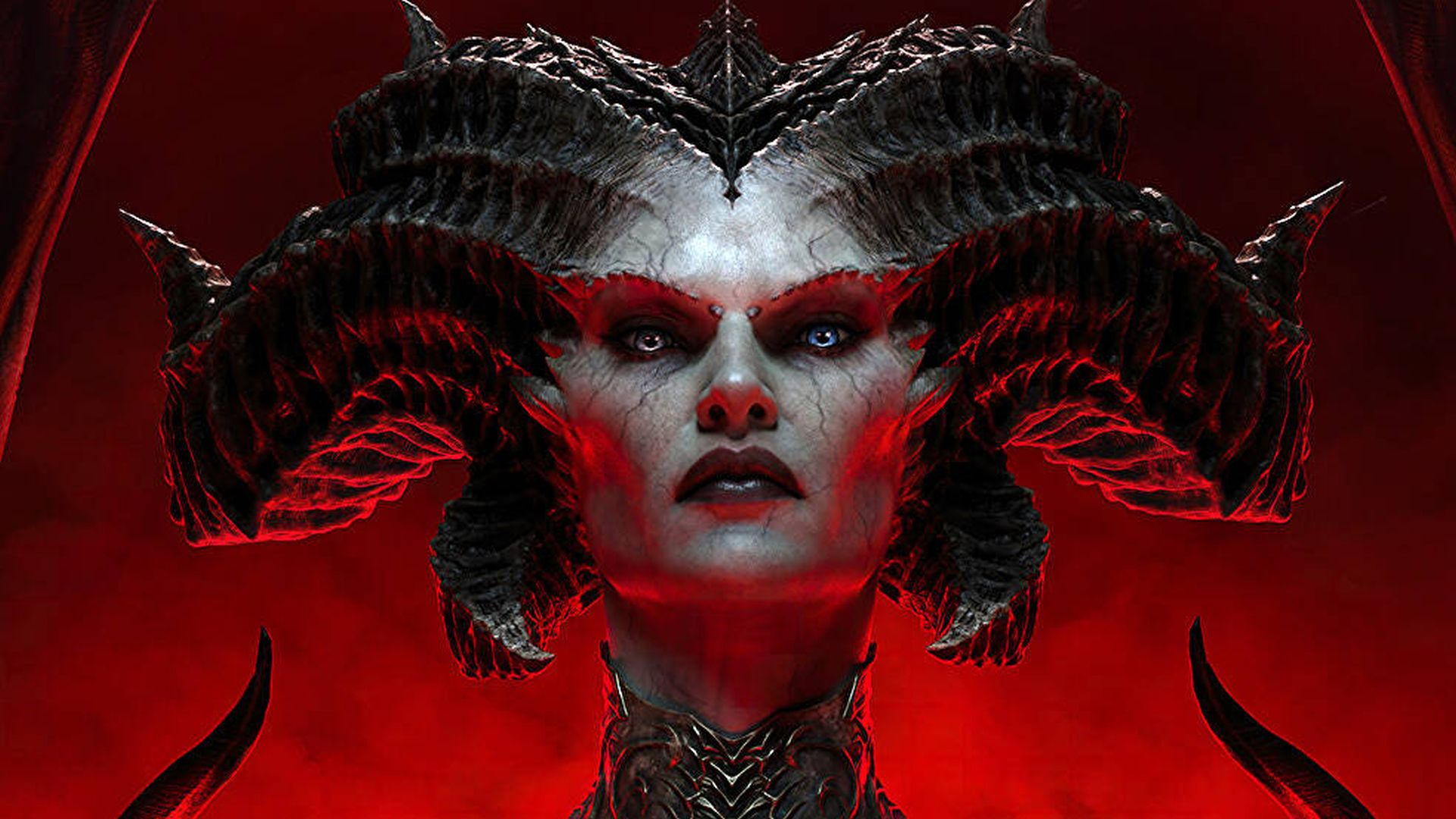Among their recent tests, the developers of Diablo 4 wanted to reassure players that they were not playing a “marketing beta”. General Manager Rod Fergusson explained how a rocky start would mean a smoother launch, that Blizzard had already used the data collected during Early Access to fix major issues and address other issues in the future. Despite all the difficulties the Diablo developers have faced over the past few weeks, it seems that the open beta has been a veritable testbed for the game. Unfortunately, that seems to be an increasingly rare phenomenon.
This week, Warner Bros. announced that Multiversus, a game that launched in July 2022, entered its first season in August and garnered nominations and wins at several prestigious Game of the Year awards, was actually firmly in beta all this time. . . Despite updates, seasons, new characters, and a rather grueling battle pass, players have been told that “there’s still a lot of work to do” and the game will be pulling from digital stores next week. , it will close in June, and will not return to an “active” status until next year.
Multiversus is apparently closed to give Warner Bros a chance to work on its release schedule for things like new characters and maps, as well as netcode and matchmaking improvements. The quiet part is that Multiversus player counts have plummeted, dropping 99% between July 2022 and February 2023 (opens in a new tab) on Steam. For a service game meant to rival one of the most successful fighting game series of all time, that’s a death sentence; fewer players means a worse online experience, which will likely drive more players away. It’s not hard to extrapolate that Warner Bros. hopes a relaunch will give Multiversus the necessary opportunity to resurrect it. But in doing so, you’re helping to further undermine the already uncertain role a beta plays in modern game development.
sure bet-a
(Image credit: Blizzard)
Traditionally, a beta test follows an internal alpha testing phase and is the first time selected members of a potential audience get their hands on a product. A beta can take many forms, but many focus on online features or game balance; consider testing the Elden Ring network or testing servers for games like League of Legends or World of Warcraft. The idea is that these tests provide data for troubleshooting or tuning that might otherwise get caught up in the chaos of a full build.
But increasingly, it looks like betas are fulfilling two new roles. One is the “marketing beta” mentioned by the Diablo team: early access, often locked behind pre-orders, for which potential players will have to pay. Developers will no doubt gain useful information from these tests, but a key goal is to secure some crucial sales well before launch.
Much more cynical, however, is the beta which sees a game suspended in front of a player base as long as it remains invested. If the investment dwindles (or never arrives), the game can be taken out of its testing phase, no matter how long it’s been available or how much money it’s gotten from its audience, to relaunch it at a more favorable time. to your success. Or, as in the case of Amazon’s defunct hero shooter, Crucible, turn it off completely, as quietly as possible, in the hope that people will forget it ever existed.
(Image credit: Amazon Games)
“Even though it was clarifying its testing goals, Blizzard was fighting complaints from players who were somehow unhappy to have helped test the game.”
I remember the problems with Steam’s early access system during its first few months. Valve finally made a bet on transparency, forcing developers to set their goals and timeline for their early access window, but before that games could stay in “early access” for years. Sales could pile up, updates could pour in, but there was always the feeling that a project might never make it to a full release, even if the EA badge acts as a useful shield for the biggest critics.
The idea that a full beta phase is little more than an extended temperature check, just to see if you can attract enough of an audience, is exactly what the Diablo devs had to combat in their own betas. Even though it was clarifying its testing goals, Blizzard was fighting complaints from players who were somehow unhappy about helping test the game. In my opinion, that’s exactly what a beta should be, but it’s clear that the term has been corrupted in some way, and now for some it just means “a period of time where I can play the game sooner”. .
Multiversus’ vanishing act wasn’t the first time a beta badge was used in this way, and it won’t be the last. But every time that happens to a game that is, for all intents and purposes, a full release, confidence in the idea of testing a game corrodes. And as that happens, our perception of its development and fans’ ability to engage with the games they love will diminish further.
For what it’s worth, we quite liked the Diablo 4 open beta.

